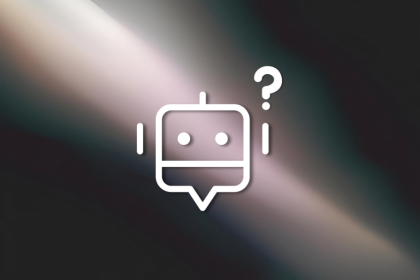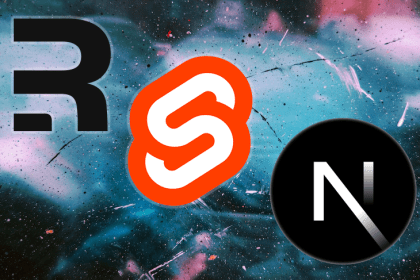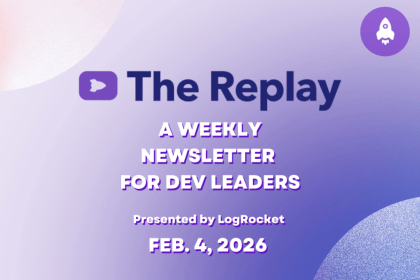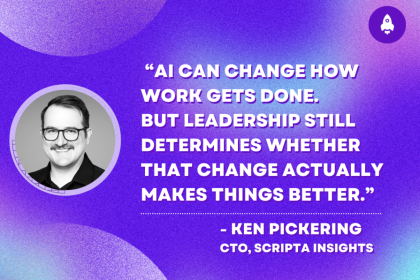
Learn how LLM routing works in production, when it’s worth the complexity, and how teams choose the right model for each request.

Compare key features of popular meta-frameworks Remix, Next.js, and SvelteKit, from project setup to styling.

Discover what’s new in The Replay, LogRocket’s newsletter for dev and engineering leaders, in the February 4th issue.

AI-first isn’t about tools; it’s about how teams think, build, and decide. Ken Pickering, CTO at Scripta Insights, shares how engineering leaders can adapt.
Would you be interested in joining LogRocket's developer community?
Join LogRocket’s Content Advisory Board. You’ll help inform the type of content we create and get access to exclusive meetups, social accreditation, and swag.
Sign up now
3 Replies to "Handling and dispatching events with Node.js"
Hello!
in your example:
myEmitter.on(‘ping’, function (data) {
console.log(‘First event: ‘ + data);
});
myEmitter.emit(‘ping’, ‘My first Node.js event has been triggered.’);
What’s the difference of doing:
function ping(data){
console.log(“First Event: ” + data)
}
ping(‘My first Node.js event has been triggered.’)
The difference in the two scenarios you listed is when you use Events your functions are fired in response to an event while simply calling a function means the functions are fired almost immediately.
The difference is that anytime that event is triggered asynchronously, the event handler prints out the data sent to it. The event handler can do anything like send new signup email or subscription reminder emails. The event can be triggered multiple times as long as the app is running.